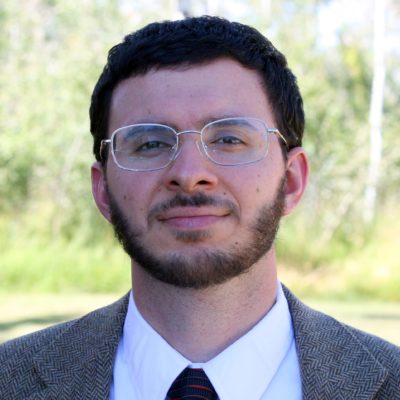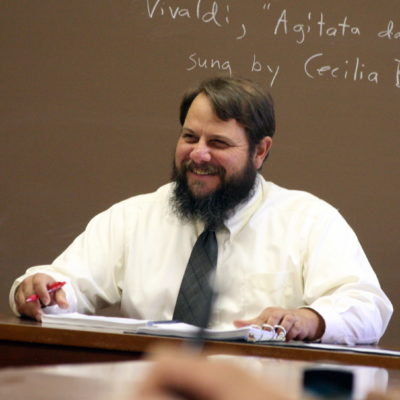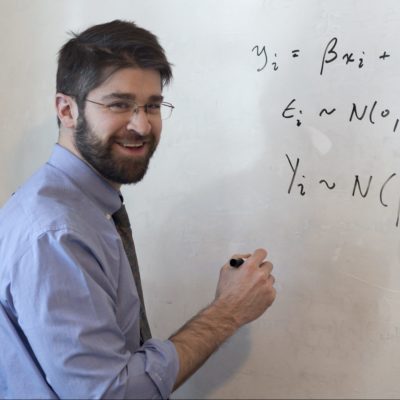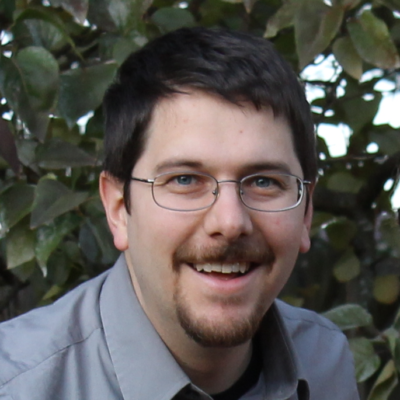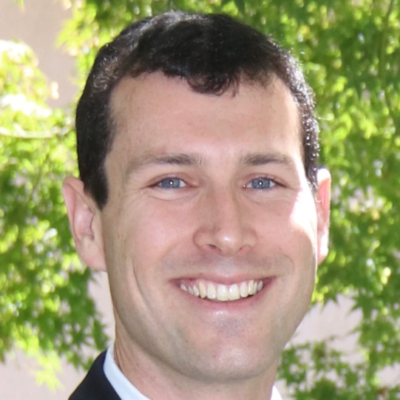"Pure mathematics is, in its way, the poetry of logical ideas."
-- Albert Einstein
Mathematics and Science
Mathematics
Throughout the history of Western thought, mathematics has been held to be an essential part of a liberal education. The first philosophers were also mathematicians, and Plato deemed the mathematical arts of the quadrivium to be necessary for the pursuit of truth. Ptolemy argued that mathematics is the branch of speculative knowledge that is most proportionate to the human mind and that the mathematical disciplines inspire us to live well-ordered lives. By abstracting from the sensible accidents of things, humans are able to know and reflect upon number, magnitude, and figure. Besides being interesting in its own right, mathematics’ highly logical structure and its freedom from the imprecision of material being make it ideal for elementary training in reasoning.
Our study of mathematics begins with the Elements of Euclid, which has deservingly been a centerpiece of mathematical education throughout the last two millennia. Beginning with first principles, students work logically through the basics of Euclidean plane geometry and the theory of proportions. Then, acknowledging the vast leaps that have been made since the time of Euclid, we find it important to also study modern mathematics–to be acquainted with examples of different types of mathematical reasoning and to see how the subject matter of mathematics has changed. Students also reflect upon philosophical questions that concern the nature of mathematics.
Natural Science
While natural philosophy can tell us many important but general things about the natural world, we are curious to gain more specific knowledge. For this we need the natural sciences, which rely upon more deliberately gained experience of the world. In order to conduct science, it is important that we become familiar with the stars, rocks, plants, and animals that we see around us. Part of our introduction to science thus requires our students to spend hours closely observing the world around Lander.
With this intimate acquaintance with the natural world, our students are prepared to study the methods used by scientists and some of the most fundamental theories about the natural world. Special attention is paid to the statistical methods that guide our inference of general statements. Because we also learn about the natural world from natural philosophy and from revelation, it is important to know how to distinguish between the different modes of thinking about the world and to understand how to incorporate the findings of science, philosophy, and theology into a coherent worldview.
For more information about mathematics and natural science at Wyoming Catholic College, see our Academic Catalog.
